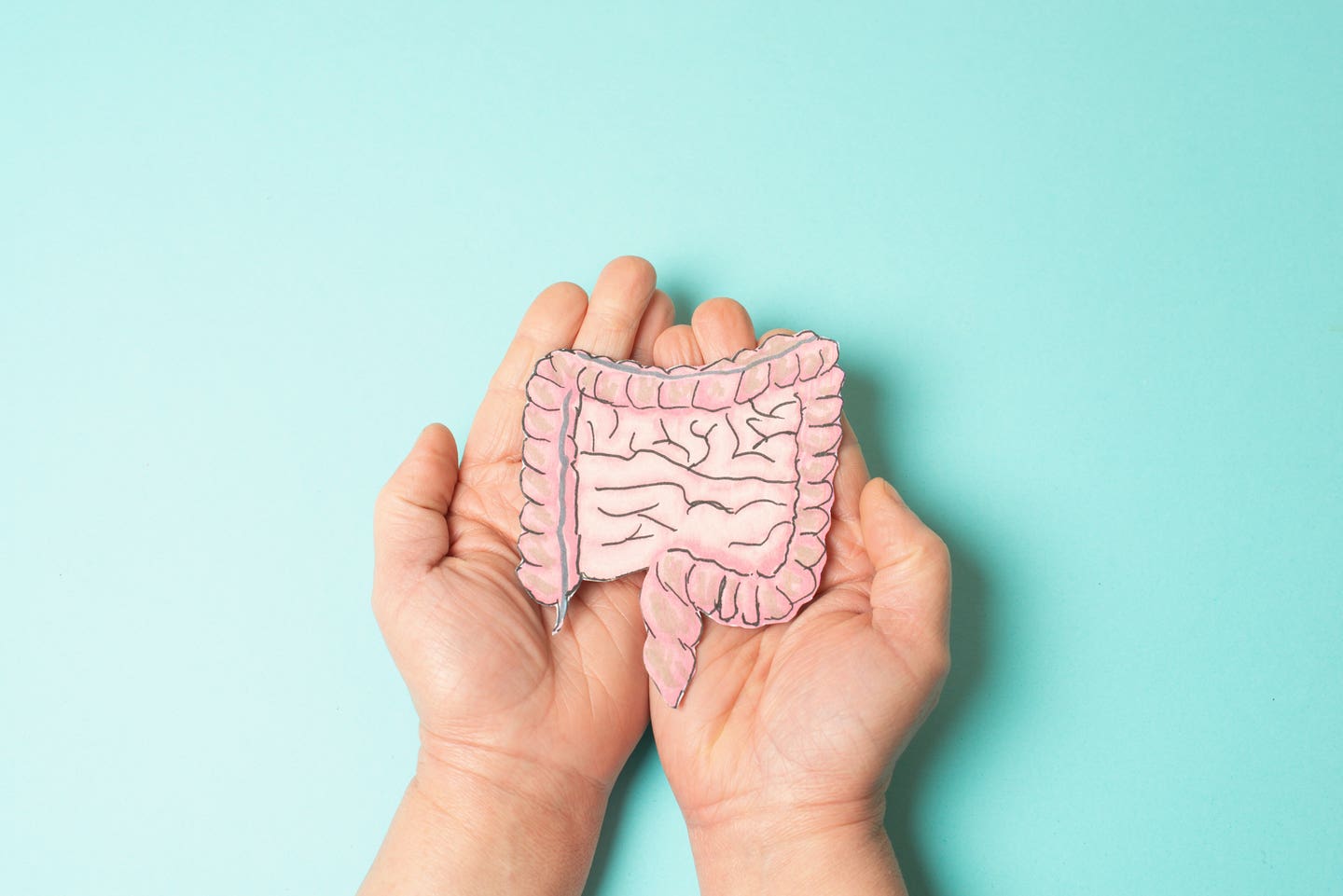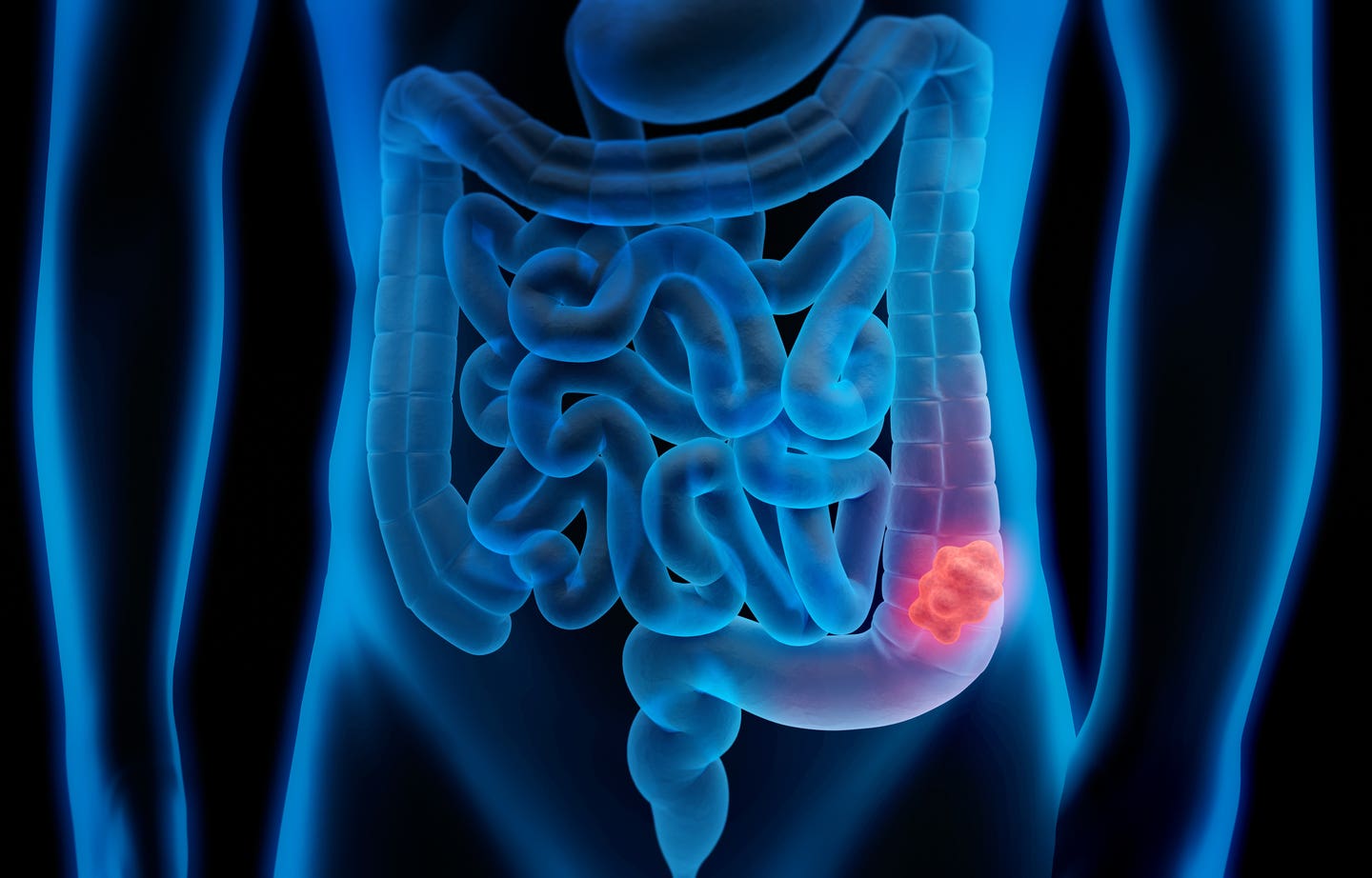Colorectal Cancer Prevention
COLORECTAL CANCER PREVENTION Colorectal cancer (CRC) is the second deadliest cancer in the United States. Yet it’s one of the few that can be prevented. According to National Institute…

Colon, colorectal or rectal cancer, inflammatory bowel disease, weight loss, abdominal pain and fatigue, Morbus Crohn, ulcerative colitis, digestive system organ, medical health
COLORECTAL CANCER PREVENTION
Colorectal cancer (CRC) is the second deadliest cancer in the United States. Yet it's one of the few that can be prevented.
According to National Institute of Health research as reported by the AACR, two simple strategies — avoiding risk factors and increasing protective factors — may help prevent a colorectal cancer diagnosis in your future.
Some risk factors you have no control over. Your age, genetic makeup, family history, race, and ethnicity are all factors in determining your personal risk of developing cancer. Chronic illness, including Type 2 diabetes and inflammatory bowel disease such as Crohn's disease or ulcerative colitis can also increase your risk.
Other risk factors are lifestyle related and that’s where prevention can pay off.
Quit smoking
Long-time smokers are more likely to develop colorectal cancer than non-smokers or former smokers.
Restrict alcohol
Very heavy drinking (more than three drinks per day) was associated with a significantly increased risk of developing CRC.
Watch your diet
Cutting back on calories can help, especially if you’re a man. If you are carrying excess weight, your risk of developing colorectal cancer is higher. As one of the body’s first barriers for dietary consumption, your colon and rectum are particularly vulnerable to your food choices. A diet that's heavy in red meat such as steak, pork, and processed meats such as hot dogs and some lunch meats has been cited as having the highest risk foods for increased CRC risk. Your preparation can also add carcinogens to your meal. Frying, broiling, or grilling creates chemicals that might raise your cancer risk.
_________
Screening for colorectal cancer is the No. 1 way you can prevent colon and rectal cancer and if cancer is found, the disease is highly treatable if caught early. That’s why on-time screening is essential and lifesaving.
___________
The next step in reducing your risk of CRC, increase your protective factors.
Start by adding fruits and vegetables, whole grains, fiber and dairy products to your meals. These choices can not only help you lose weight, but they can also lower your risk of CRC. Dairy, including milk, yogurt, butter and cheese, not only provide essential nutrients including protein, calcium, and phosphorus, studies show that a higher rate of total dairy intake is linked to decreased incidence of CRC.
It’s been suggested that calcium and vitamin D work synergistically to protect the colonic mucus lining, which may reduce the formation of adenomatous — pre-cancerous polyps.
The World Cancer Research Fund/American Institute for Cancer Research has reported a reduced risk of CRC as high as 34–44% for diets high in garlic.
Regular physical activity not only helps you maintain a healthy weight, it lowers hormones and growth factors, helps reduce inflammation and insulin levels, reduces the time food takes to pass through the gastrointestinal tract — all associated with cancer development and progression.
The Challenge Study
A recent study conducted across six countries and tracking 889 patients over several years, offered new evidence reenforcing the vital role of exercise in colorectal cancer prevention and care, especially for CRC survivors. Ninety per cent of the CR survivors who took four 45-minute walks per week experienced 28% fewer cancer recurrences and 37% fewer deaths.
Regular use of low-dose aspirin has long been recommended for cardiovascular health, however, back in 2016, the U.S. Preventive Services Task Force (USPSTF) also recommended its use for prevention of CRC in at-risk adults aged 50–59.
Always consult with your doctor or provider before beginning any aspirin, diet, or exercise program.
Now, the number one protective factor for reducing your risk of developing colorectal cancer: polyp removal. Many colorectal polyps are pre-cancerous adenomas, which may develop into cancer. Removing polyps that are larger than 1 centimeter (pea-sized) through colonoscopy may lower the risk of colorectal cancer by preventing them from developing.
Colorectal cancer is one of the leading causes of cancer-related deaths in the United States, but it also is one of the most preventable cancers. Ask your doctor or healthcare provider about ways you can reduce your risk.





